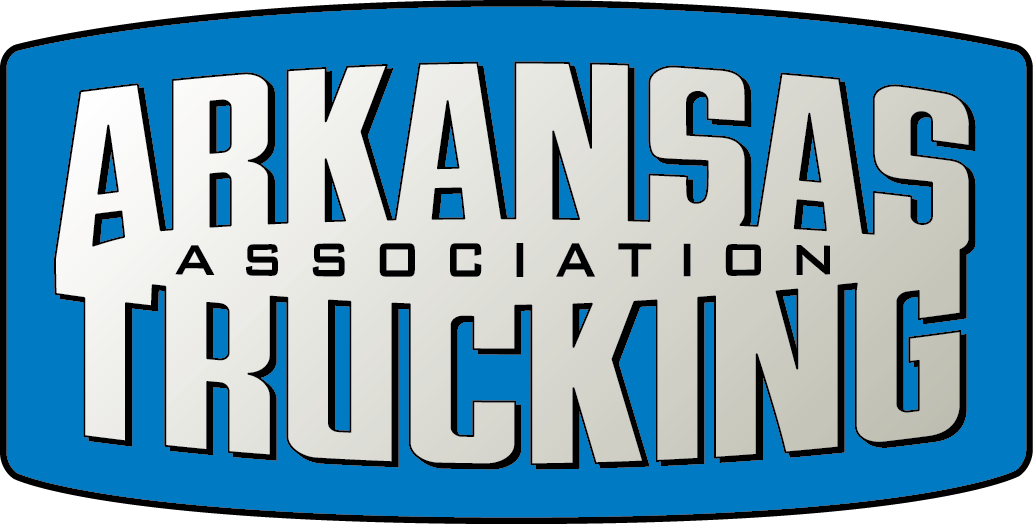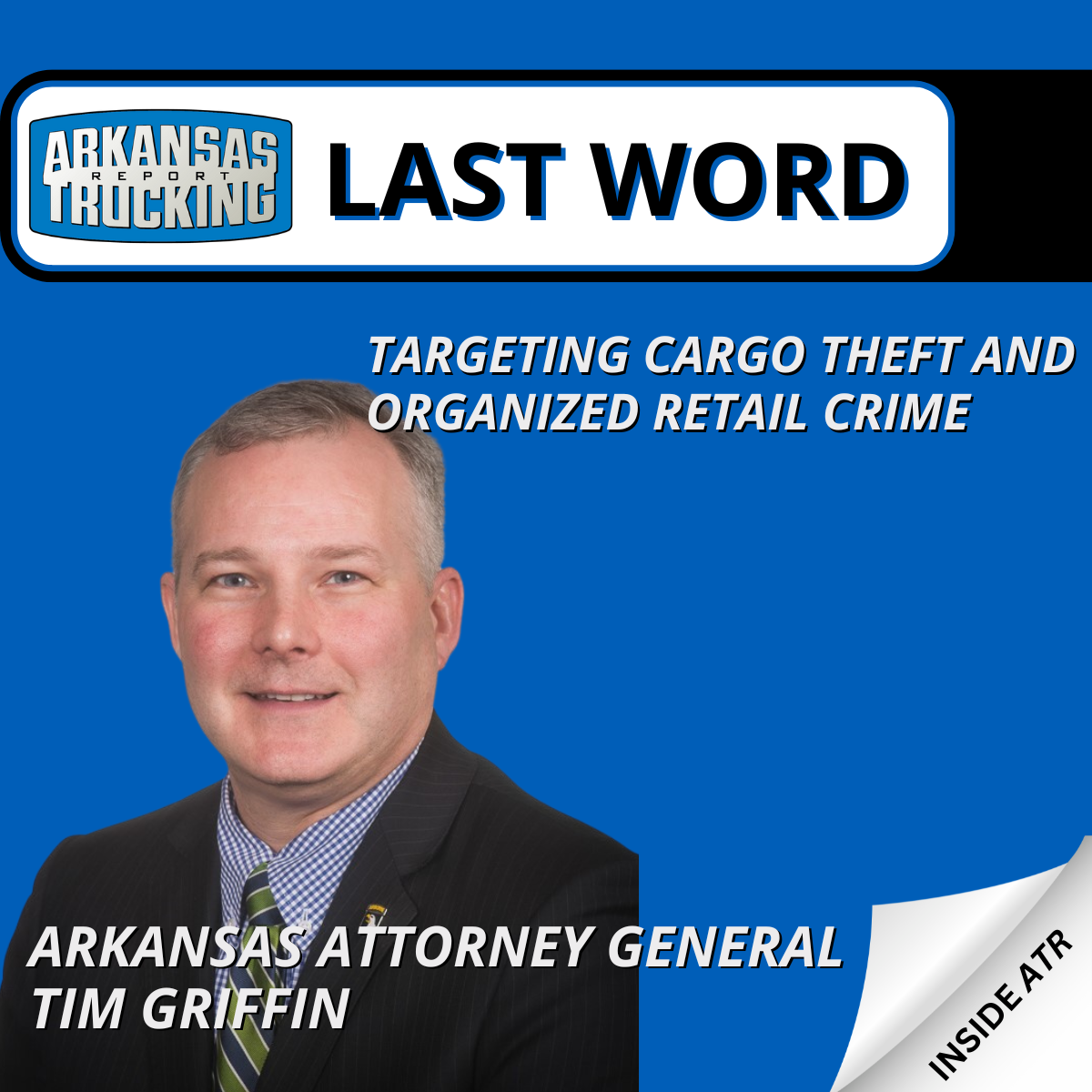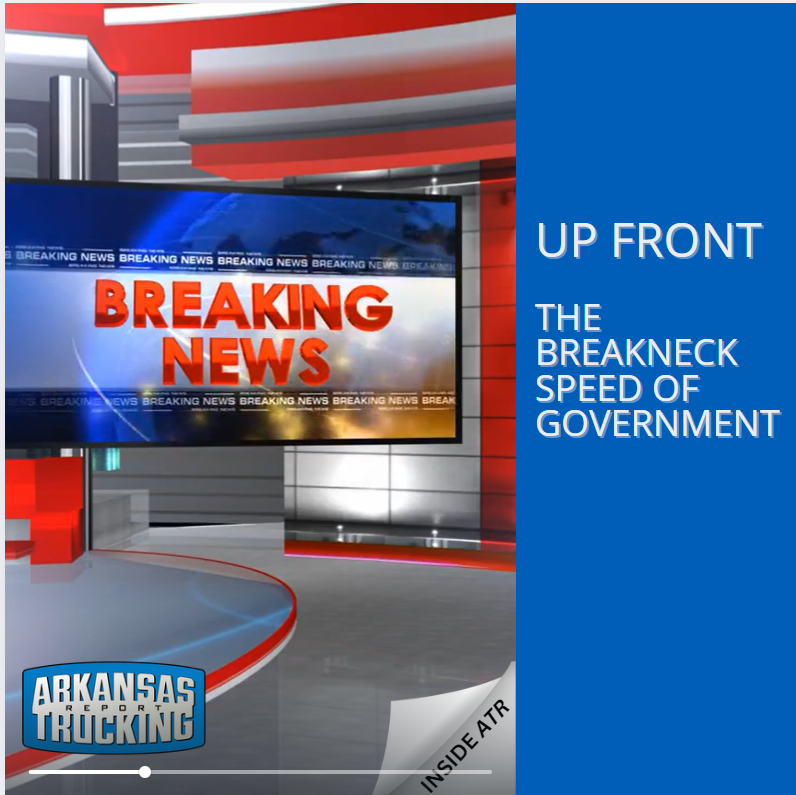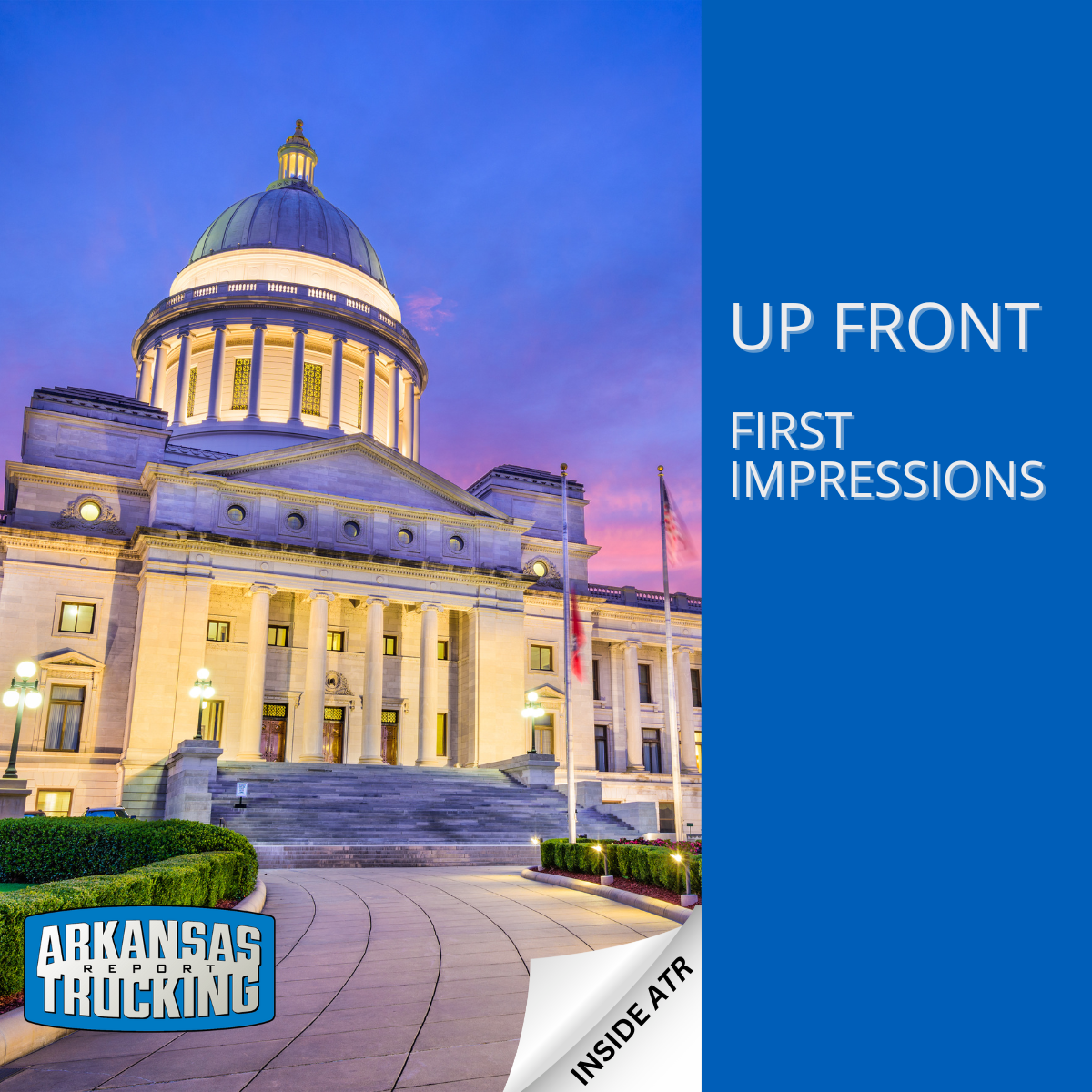Raise your hand if your trucking liability insurance premiums have been plummeting to record lows over the last few years? Looks around for any raised hands
OK. Raise your hand if it’s easy for you to find liability insurers beating down your door and competing for the opportunity to insure your trucks and drivers? Still looking for a single hand
One more try. Raise your hand if you believe that any accident claim or lawsuit against your company would be resolved quickly, reasonably and at a fair settlement? OK, fine. On that one, I’m not even going to look around the room
As all truckers know, skyrocketing insurance premiums, a lack of insurers willing to write for our industry and climbing claim costs are adding financial stress to an already elongated freight recession.
The causes? Nuclear verdicts, nuclear settlements, unfair litigation tactics and a broken legal system.
According to a U.S. Chamber Institute for Legal Reform study, about one in four auto accident trials that resulted in a verdict of more than $10 million involved a trucking company. Outrageous claims and unbalanced legal processes lead to exceptionally high awards surpassing what should be a reasonable amount for the suffered harm.
Much like all politics are local, fixing the legal system must start at a grassroots effort, too. The trucking industry has spearheaded meaningful lawsuit reform in several states over the last decade, but we are only scratching the surface. We need a groundswell of engagement to truly move the needle.
And if you’re wondering what you can do about it – I’m glad you asked!
We must fiercely advocate change. We need to modernize the current legal system in order to:
- Promote Fairness: Legal reform would ensure that claims and settlements are more closely aligned with actual damages, preventing the exploitation of the legal system for outsized financial gain.
- Encourage Consistency and Predictability: The outcomes of commercial vehicle litigation can vary widely, even in cases with similar factual circumstances. Reforming the relevant laws would lead to more consistent and predictable outcomes, fostering a fairer legal environment.
- Lower Insurance Costs: The unpredictability and frequency of large settlements and nuclear verdicts drive up insurance premiums. With more predictable outcomes, insurance companies can better assess risk and set premiums accordingly, leading to lower insurance costs.
- Protect Vital Businesses: The financial strain from prolonged litigation and high insurance costs leads to higher prices for goods and services that are passed on to consumers. Legal reform would help stabilize these costs, support economic growth and protect the supply chain from disproportionate financial burdens.
The goal of injury laws is to “make whole” someone who has suffered injury caused by others, not to extract a gratuitous fee from a defendant. Simple, commonsense, legislative fixes exist and have been enacted by similar forward-thinking, business-friendly, states. We must engage with state and federal elected officials so nuclear verdicts don’t become the norm.
Here are just two commonsense issues we can address to improve the legal climate in tangible ways:
- It is becoming common for third parties to provide high-interest-rate loans to plaintiffs for a portion of the potential settlement or judgment, but once third-party litigation financing is involved, a case is no longer about compensation for the injured plaintiff. Instead, it’s about profit for the financier.
- There is also a growing trend of intentionally inflating medical damages in personal injury litigation. Judges and juries should be presented with the actual paid medical costs, not some inflated bill that was never fully paid.
Back to the question, what can you do about all of this? Ask your state trucking association leaders. They would love your help in this legal reform effort.
We can sit and complain about it, or we can engage and help fix the problem. Please join me in being part of the solution.
Nathan Meisgeier is the president and chief legal officer at Werner Enterprises. He is also the chair of the American Trucking Associations’ Legal Reform Advisory Committee and sits on the Board of Directors for the American Trucking Associations’ Litigation Center.




